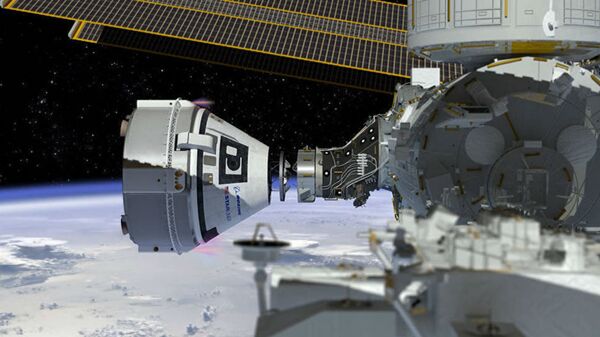"At present, the test flight of the Starliner without a crew should begin on October 6, and a test manned flight by December 30," the agency’s source said.
According to the source, these are preliminary dates, and further delays in launches are not ruled out.
Prior to that, the flight of the unmanned Starliner was planned for September 17, and before that for August 17. The manned spacecraft was supposed to depart to the ISS on November 30, and before that, the launch was planned for November 1.
The crew of the first manned Starliner will include NASA astronauts Nicole Aunapu Mann and Edward Michael Fincke, as well as Boeing astronaut Christopher Ferguson.
After successful unmanned and manned test flights, the spacecraft will be certified by NASA to perform regular manned flights to the ISS.
The Starliners will be launched by the Atlas-5 rocket from Cape Canaveral. The first stage of Atlas-5 uses the Russian engine RD-180 developed by NPO Energomash.
The United States has not launched astronauts from its soil since 2011, when the Space Shuttle program ended. Currently, Russian-made spacecraft Soyuz deliver astronauts and cosmonauts to the ISS.



